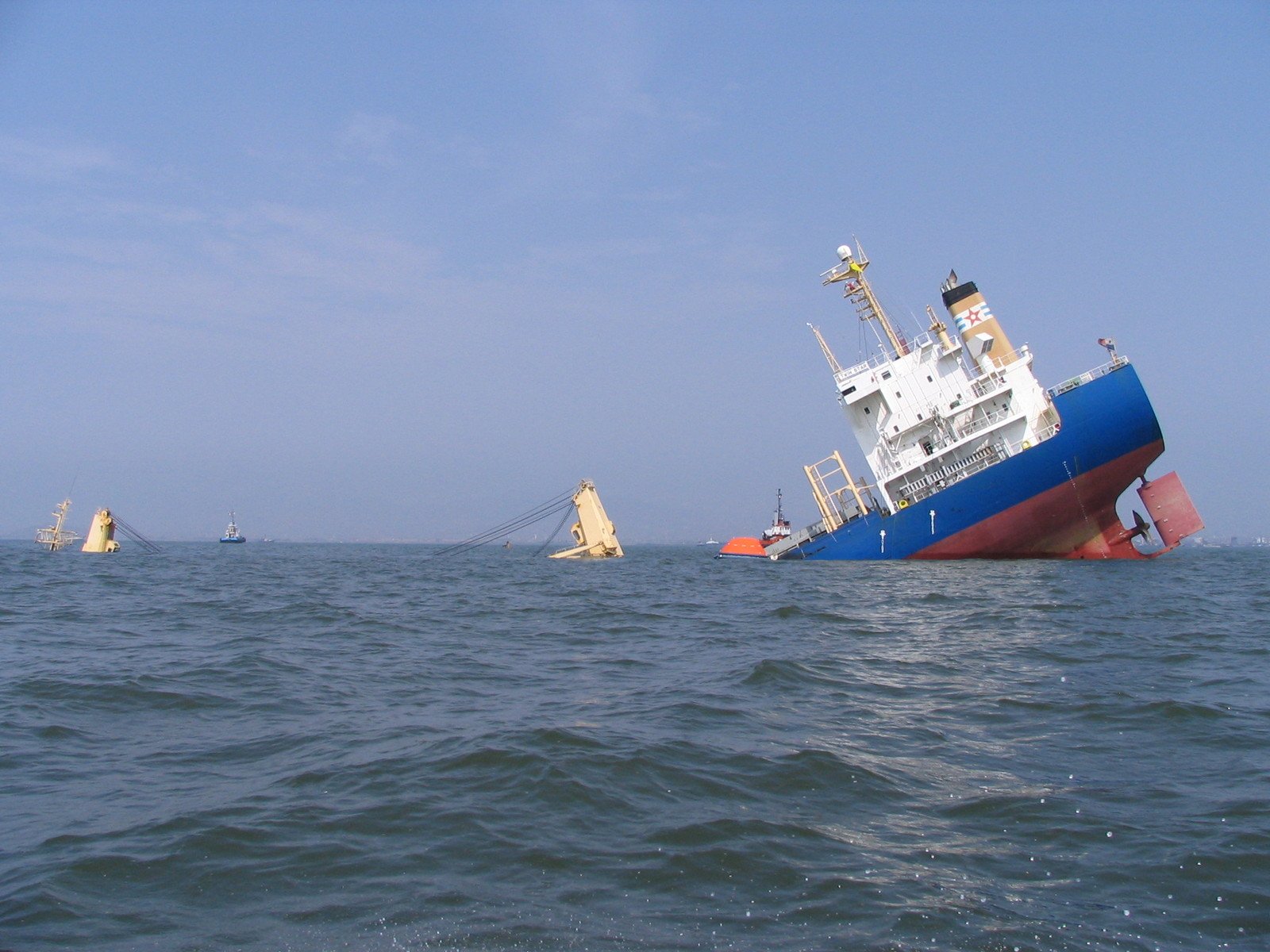

THE past week was a busy week for the EPO, but most news coverage focused on the next President. We did, however, write several articles about patent quality (or lack thereof) and the disappointing statement from Christoph Ernst's Council (or rather, the Administrative Council headed by Ernst).
"The Council seems too weak to be willing to state the truth and publicly acknowledge that there’s a problem with patent quality — a problem whose full magnitude will only be realised after invalidations, appeals etc."The new German Chairman of the Administrative Council is already coming under scrutiny. Now there's some news coverage in German about it and SUEPO drew attention to it. An update also contains some information from Elizabeth Hardon. From the article in German (written by one who is familiar with these matters):
Was als Fachdiskussion über die Zukunft des europäischen Patentsystems mit dem neuen Verwaltungsratschef des EPA gedacht war, entwickelte sich am Freitagabend zu einer harten Abrechnung mit dem scheidenden Präsidenten.
Harte Kritik an der sinkenden Qualität der Patentprüfungen im Europäischen Patentamt (EPA) als Folge der Überlastung von Patentprüfern musste sich der frisch gebackene Chef des Verwaltungsrats des Europäischen Patentamts, Christoph Ernst, Ministerialdirigent im Bundesjustizministerium am Freitag anhören. Ernst hatte auf Einladung des Münchner Max-Planck-Instituts (MPI) für Innovation und Wettbewerb eine optimistisches Bild zur Zukunft des europäischen Patentsystems gezeichnet, erklärte sich aber dazu bereit, die Diskussion über das Qualitätsproblem mit den Fachleuten zu führen.
What was conceived as a discussion about the future of the European patent system with the new board of directors of the EPO developed on Friday night to a hard billing with the outgoing president.
The freshly baked head of the Administrative Board of the European Patent Office, Christoph Ernst, Ministerialdirigent in the Federal Ministry of Justice, had to listen bitterly to the falling quality of the patent tests in the European Patent Office (EPO) as a result of overloading patent examiners. Ernst had drawn an optimistic picture of the future of the European patent system at the invitation of the Munich Max Planck Institute (MPI) for innovation and competition, but declared willing to discuss the quality problem with the experts.
Instead of thoroughly scrutinizing the filings, the EPA staff tried to get the files back quickly from the table. In the medium term, the declining quality of users could drive the users away and the entire EPO system shake, the lawyer said with great applause from around 60 participants at the MPI, many of whom contributed their own observations.
The EPA auditor and trade unionist Elizabeth Hardon, who was put on the air by Battistelli in 2016, recalled that deficiencies in quality will only be apparent in a few years in follow-up nullity proceedings. The trade unionist at the MPI expressly welcomed the fact that others are standing up to criticize the work situation at the EPO. "We have not been heard for years," she said.
In response to the criticism, Battistelli came out swinging. He pushed the EPO's annual Quality Report and argued that "quality is the first priority of the Office."
He went to suggest there was a split between the examiners doing the work and their union representatives: "Unfortunately, I regularly hear untruths about the quality offered by the Office. In particular, this comes from the side of the personnel representation. Those who represent the staff dispute the quality of the products. This is normally never the case that one contests the quality of the work of his/her colleagues."
But after years of complaints about how Battistelli has handled staff complaints and union officials, and with the announcement of his successor at the same meeting, several governments expressed their dissatisfaction.
The German government representative welcomed the quality report but then noted that the EPO was effectively grading itself.
"We must distinguish between process quality and product quality. The process quality can be certified. Product quality is discussed at meetings and it is unclear how it can be assessed," he noted.
Aside from the German government being a very powerful voice within the EPO given Germany's position as the largest patent holder in Europe, the EPO's new chair is German government representative Christoph Ernst.
[...]
Concerns about EPO quality don't just rest with the staff or governments either. Recently the EPO's customers – European corporations – have started raising doubts about patent quality.
With Battistelli still in office until July next year, it is clear that nothing is going to be done to remedy what has become a toxic environment at the organization for the next six months (lest you forget, Battistelli has a permanent bodyguard and even had the brakes of his bike cut – quite something for a man who is very far from the public eye).